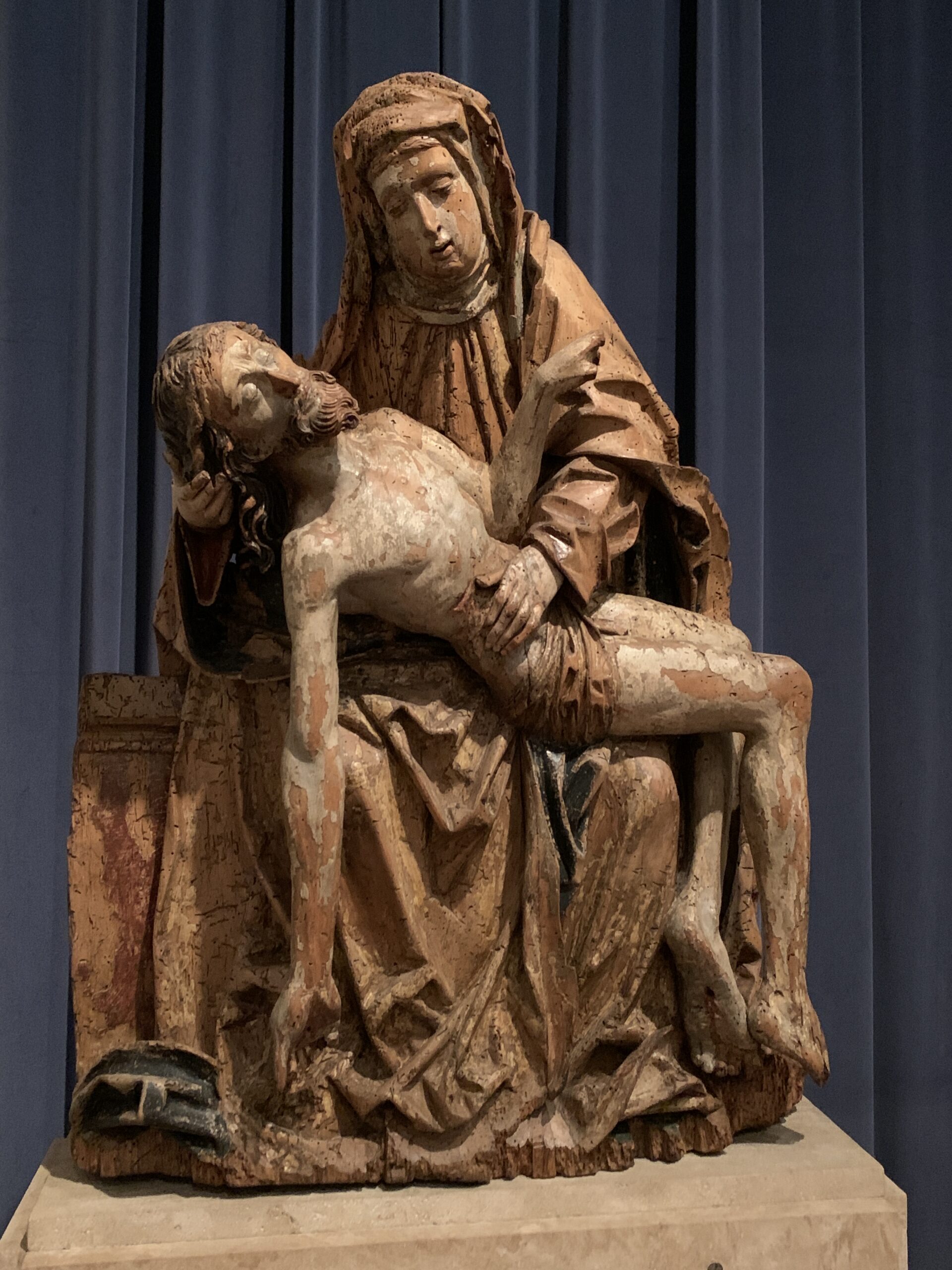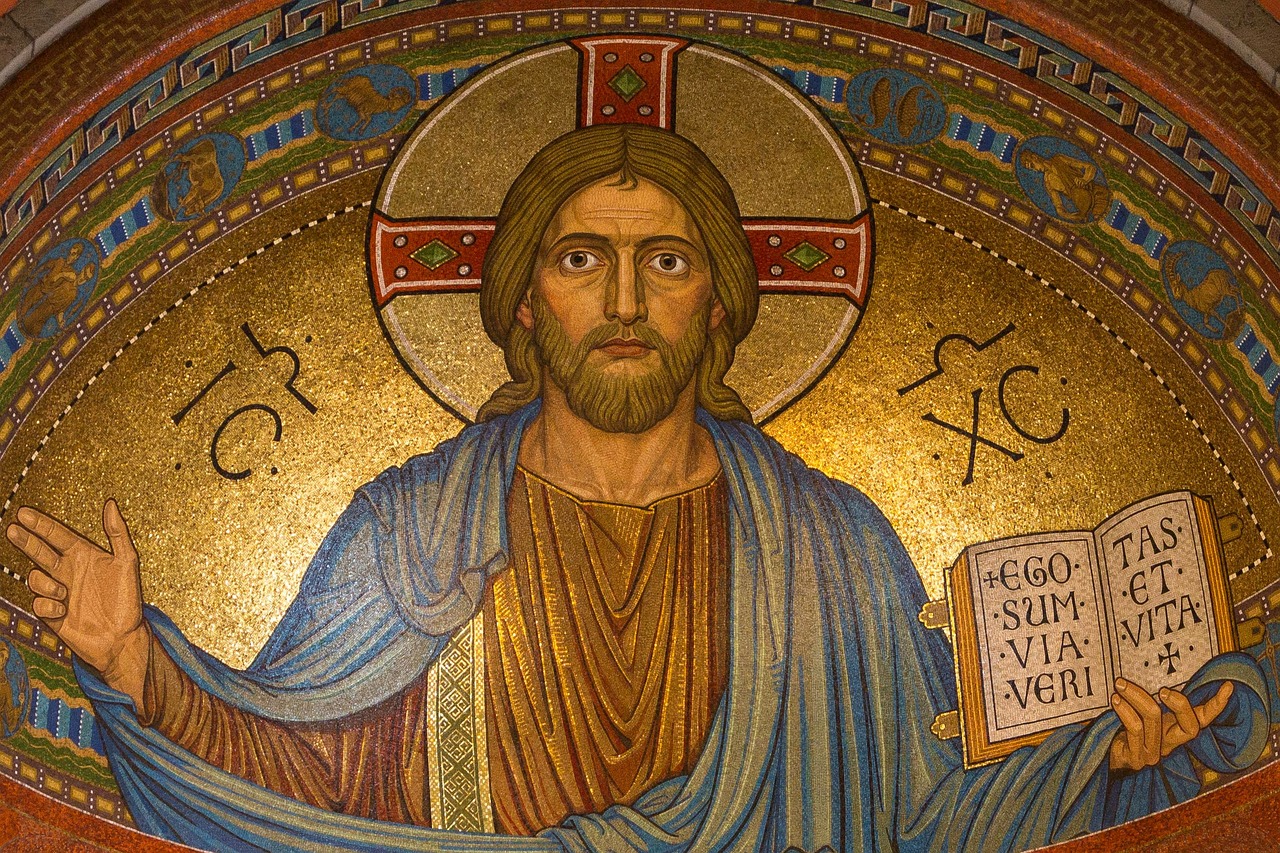I can’t help but think that even though I’ve been raised a good (Roman) Catholic girl, spent a life attending mass regularly, and attempt on a near daily basis to live the life of a Christian I’ve somewhere gone astray. Have we all just answered the question by convention that a Christian is one who participates in a Church and lives charitably? Is that the standard? Does it seem good enough to be in and out of practicing Christianity, to say that I’m a follower of Christ and yet exhibit few or little signs in the passing days that I am what I say? The words that expose me as Christian are very simply just words. I fear no one would mark me as the kind of person I expect and desire to be were they to be asked of my reputation. I should add, too, that I am by no means a poor Christian. The work to follow the commandments and practice moral virtues is not what I here bring into question. My ‘inner’ spiritual self (an explanation that will be elaborated on next and is representing in the introduction of the Philokalia) is the true concern; my devotion. Of all the hours in the day I participate very little in reminding myself of God’s presence and meaning. And though I may practice in obvious action what seems to be fine behavior, my contributions and sacrifice for my spiritual well-being, which has the utmost value, has fallen short. In the end, and as always, I believe that Christianity is the answer. My belief and spirit ought match in fervor. I’m looking to bridge that gap. Here I will take a genuine step. My first mindful effort towards a union with God from each present moment, where I reach out my hand to God and prove that it is my wish to return to Him (Jeremiah 24:7). Enter Philokalia.
I wanted something pure, something raw, something old. I wanted something I knew would be true as I read it. Nothing by someone who had too much to say that really ended up being more about them and less about what they wrote. I wanted what would immediately resonate and continue to live in me like throbbing embers of a fire. I was standing there in the Christianity section with flint and dry grass holed in my heart waiting for a text to strike the stone. I stared along the bindings of books, up and down shelves for rows and rows. A truly boring looking book caught my eye. The plain cover was promising; one muted color and black lettering. It wasn’t trying to sell itself. This book needed no persuasion if you ask me. You are either drawn to it and what’s inside, or it’s not for you. I shut it nearly just as quick as I opened it. I only needed a glimpse of the page to notice how the words were joined with such ease and flawlessness, and yet revealed (so immediately) such profound simplistic truths. Sparks flew. None lit just yet but I hadn’t given it a chance. This thing deserved my full, undivided attention.
Thus, The Philokalia Project. I’ve read my fair share of books on contemplative prayer and Christianity, and Orthodoxy; Thomas Merton, Thomas a Kempis, Kallistos Ware, Chesterton, C.S. Lewis, etc. I’ve devoted a relatively small amount of time to its practice and an even smaller amount of time to thinking about what it means to be a Christian…until now.


